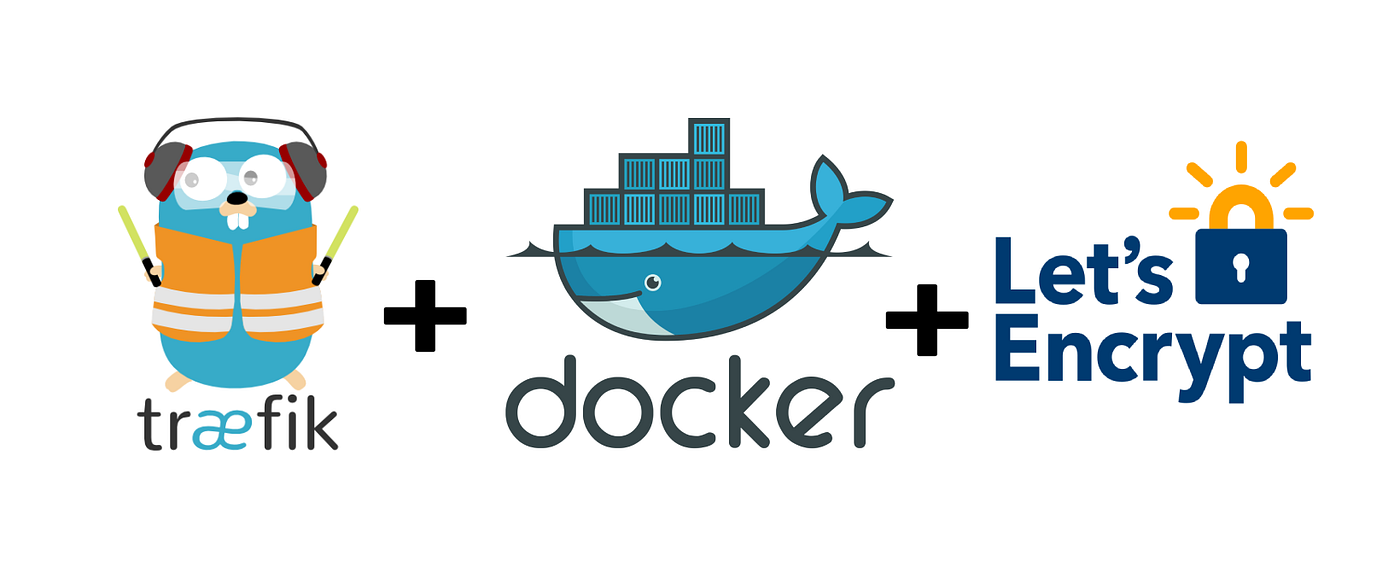Kubernetes Deprecating Docker?! Let Me Explain Containers in Kubernetes.
When you think of Kubernetes you think of containers. When you think of containers you think Docker. So it was a big surprise when, in December 2020, the Kubernetes maintainers announced that it would be deprecating Docker support for Kubernetes v1.20+. This caused quite a bit of concern and confusion. Deprecating Docker support in Kubernetes? This sounded like a very topical piece of information in 2020. While the term Docker is synonymous with containers, many do not realize that as a product, Docker is composed of multiple components and is a tech stack for containers....
